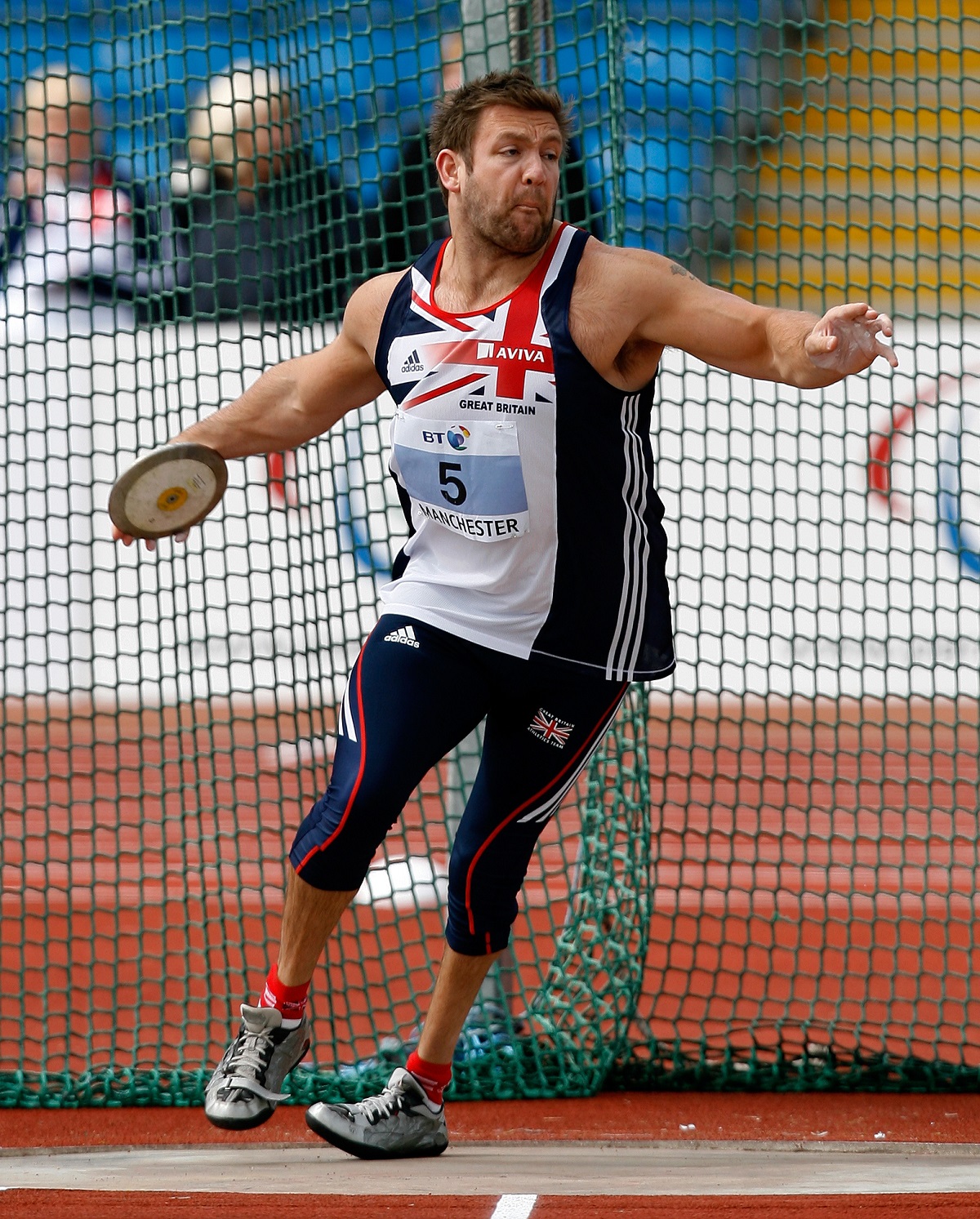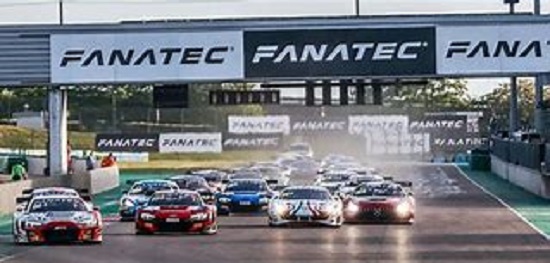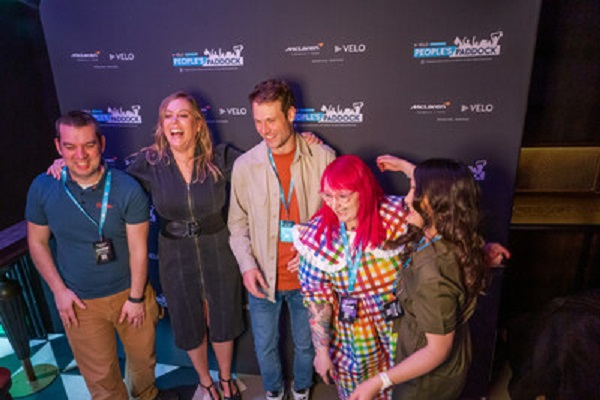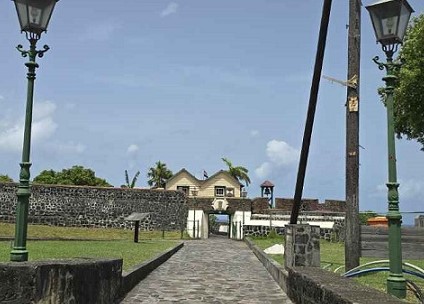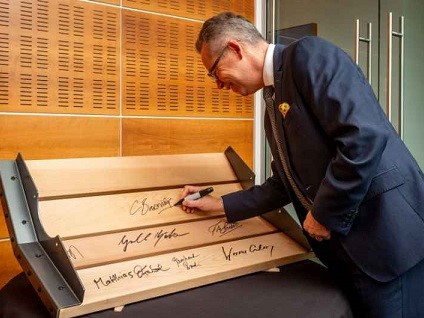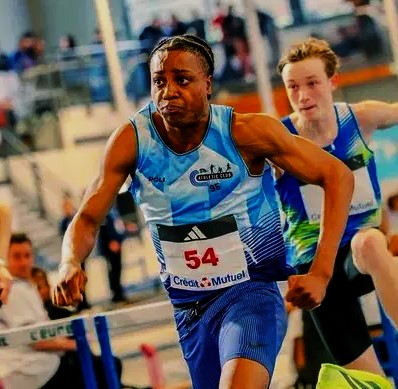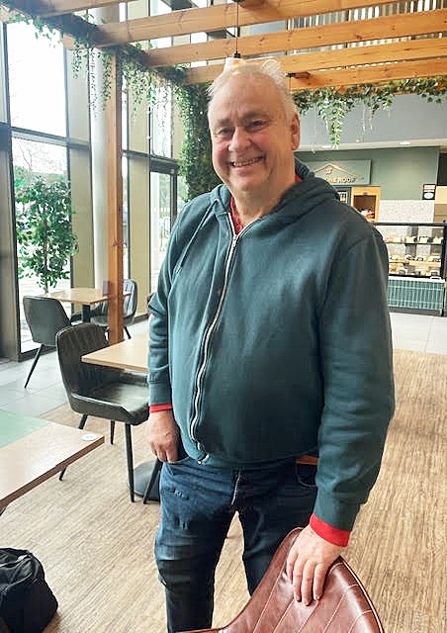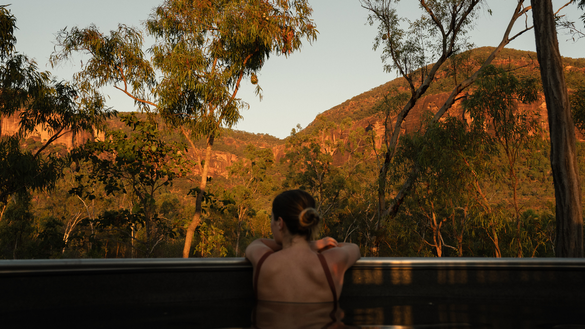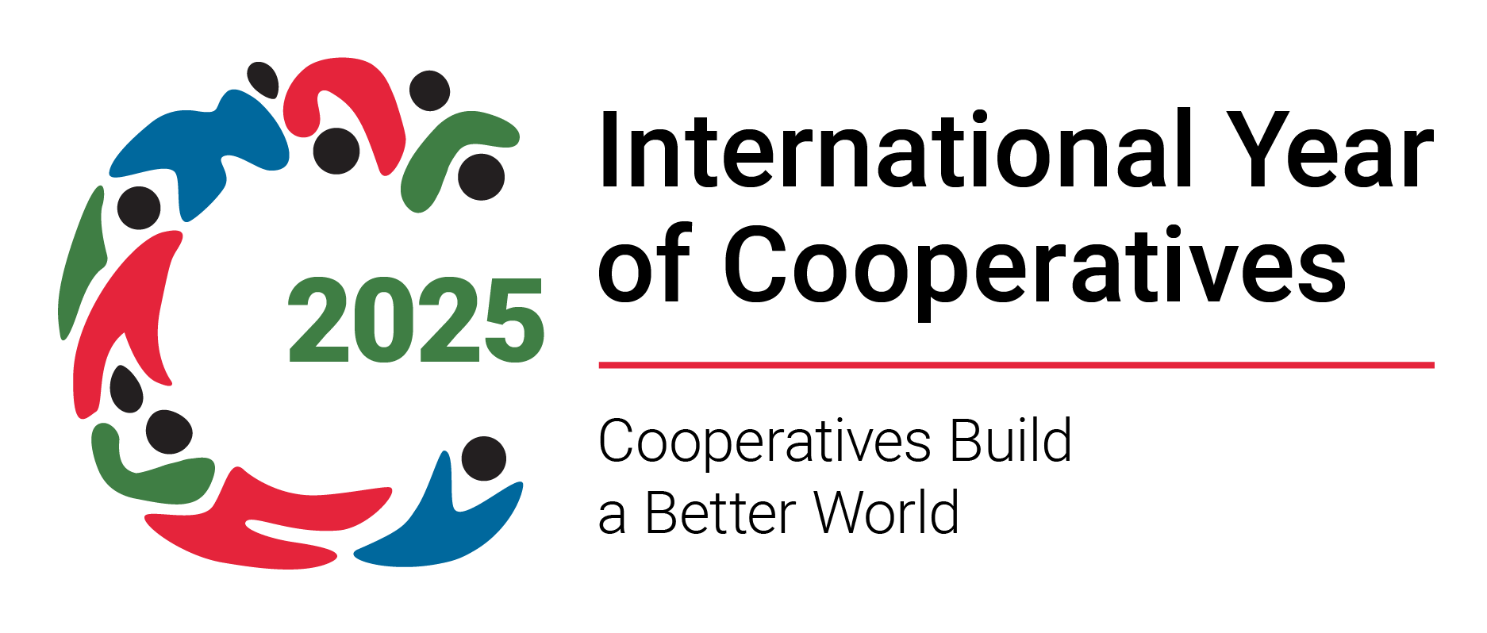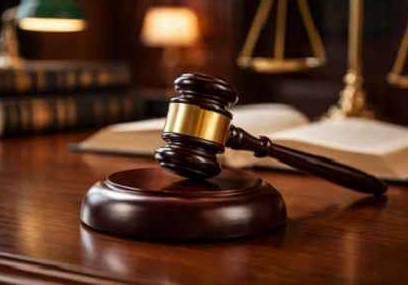Dan Greaves and Sammi Kinghorn to captain GB & NI at World Para Athletics Championships
Dan Greaves and Sammi Kinghorn will co-captain the Great Britain and Northern Ireland team at the World Para Athletics Championships in Paris, France which take place between 8-17 July.
Greaves competed at his first World Para Athletics Championships in 2002, also in France. 21 years later and after winning medals at six consecutive Paralympic Games, the 40-year-old will bring all his experience to the Great Britain and Northern Ireland team at the 2023 edition. He has won three world discus titles in 2002, 2006 and 2011. He will be targeting his first world championship podium in 10 years at the Stadium Charlety when he competes on the 15 July.

